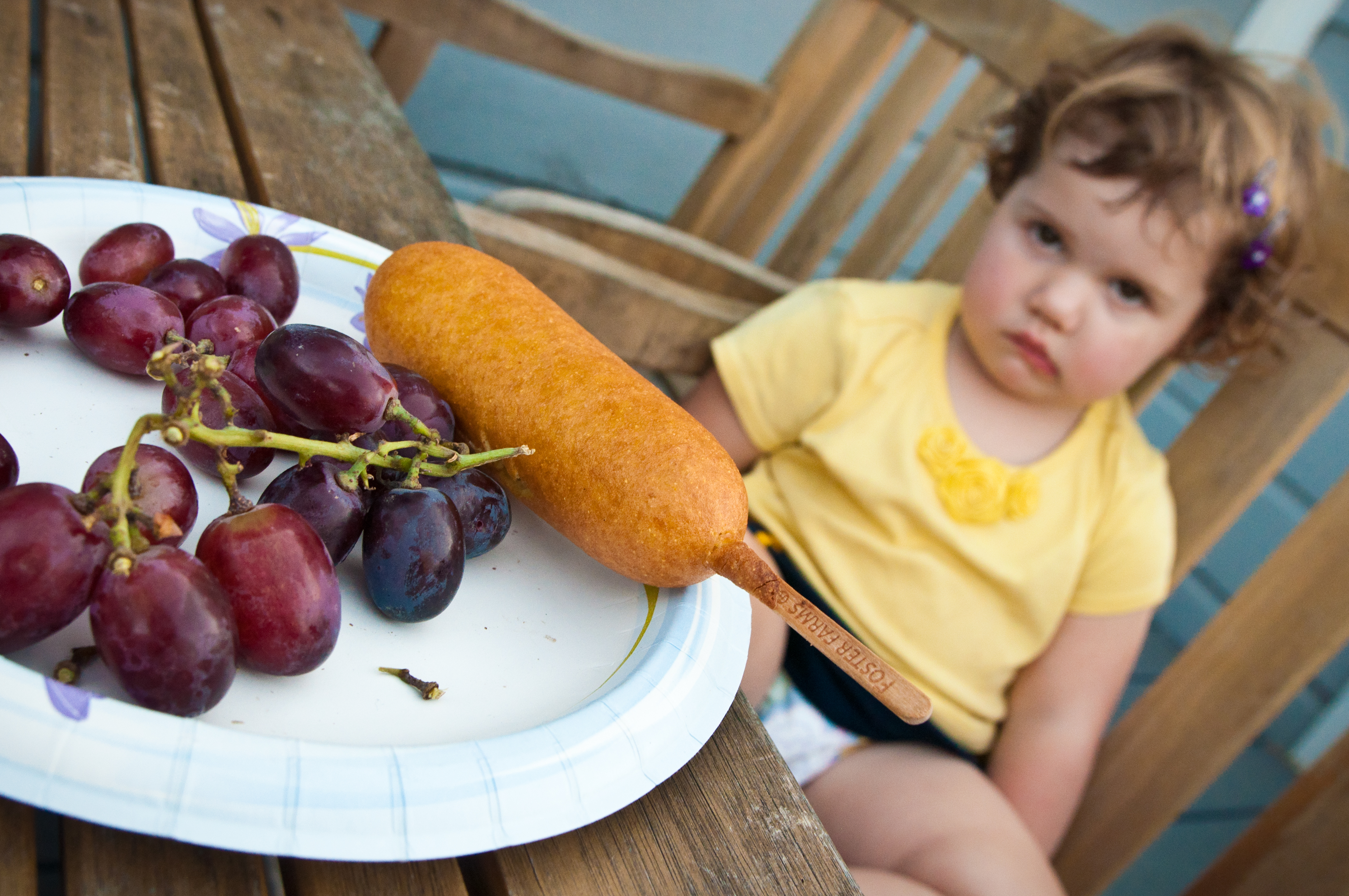Imagine this: you’re sitting at the table, getting ready to eat, and someone places a plate of something in front of you. This could be anything–asparagus, broccoli, or even Brussels sprouts. Either way, you scrunch up your nose because, whatever this thing is, it is definitely not your favorite food in the world, but you eat it anyway. However, this is not the case for 20% of the kids surveyed in Duke University’s recent study on picky eaters.
Picky eaters, sometimes called “selective eaters” or people with “restrictive food intake disorder“, have an inability to eat certain foods. Most kids are expected to grow out of it, but some never do. These kids grow up with a disorder that may put them at risk of being malnourished. Duke University’s new study, led by Nancy Zucker, surveyed 917 kids from two to six years old, and found that kids who are picky eaters have many traits in common. They found that picky eaters tend to have different sensory experiences from the rest of us; they are more sensitive to food textures, smells, and also visual cues related to food. Beyond biological differences, the study also found that this group of children also had more family dysfunctions related to food and more frequently had anxious mothers.
Image Source: Lew Robertson
More surprisingly, however, Zucker and her team also found that these children have a higher prevalence in developing psychological problems such as depression, ADHD, and anxiety, and they more frequently fall on the autism spectrum. Past studies have also confirmed that children who are selective eaters are generally found to have other developmental disabilities. There was also a direct relationship between the severity of selective eating and psychological problems found in the children: the more severe the selective eating problem, the more severe the psychological problems. The most severe cases involve children who have trouble swallowing and even chewing certain types of foods.
Zucker and her colleagues think that picky eating should be taken more seriously even if it is relatively new to the field of psychology. The study recommends that pediatricians and parents alike find ways to catch even moderate selective eating issues early in children, and to develop new and better therapies for children who have trouble eating certain types of food.
Feature Image Source: picky by David Goehring










